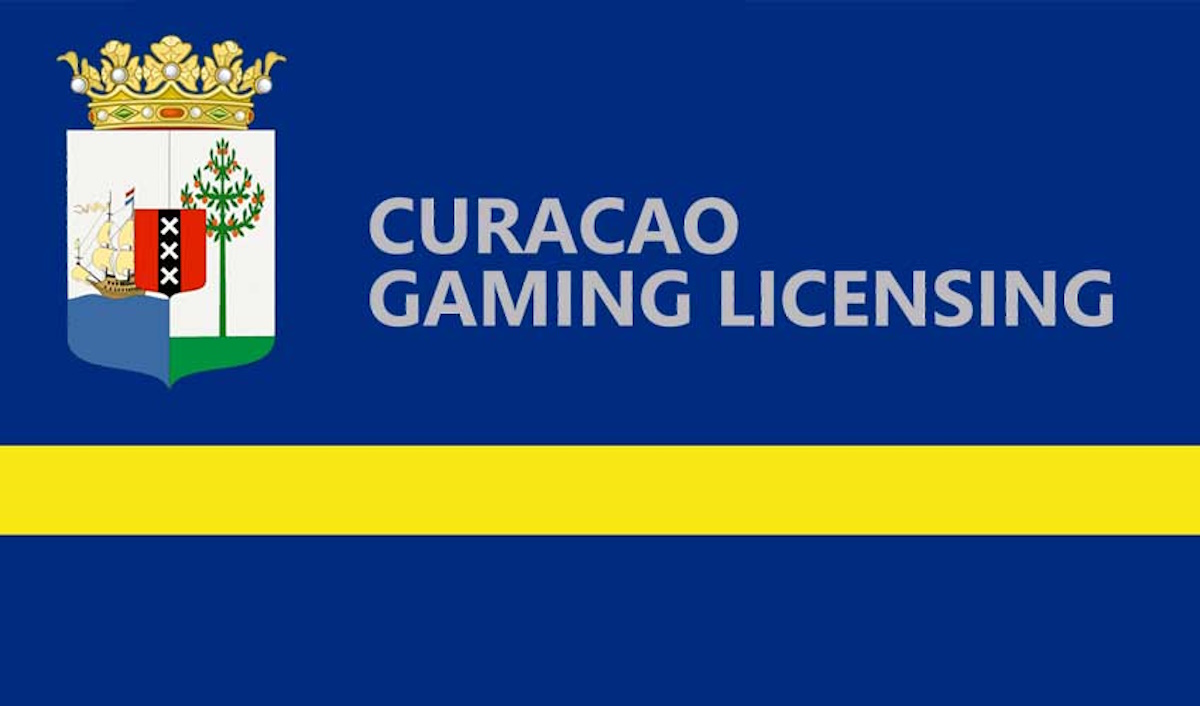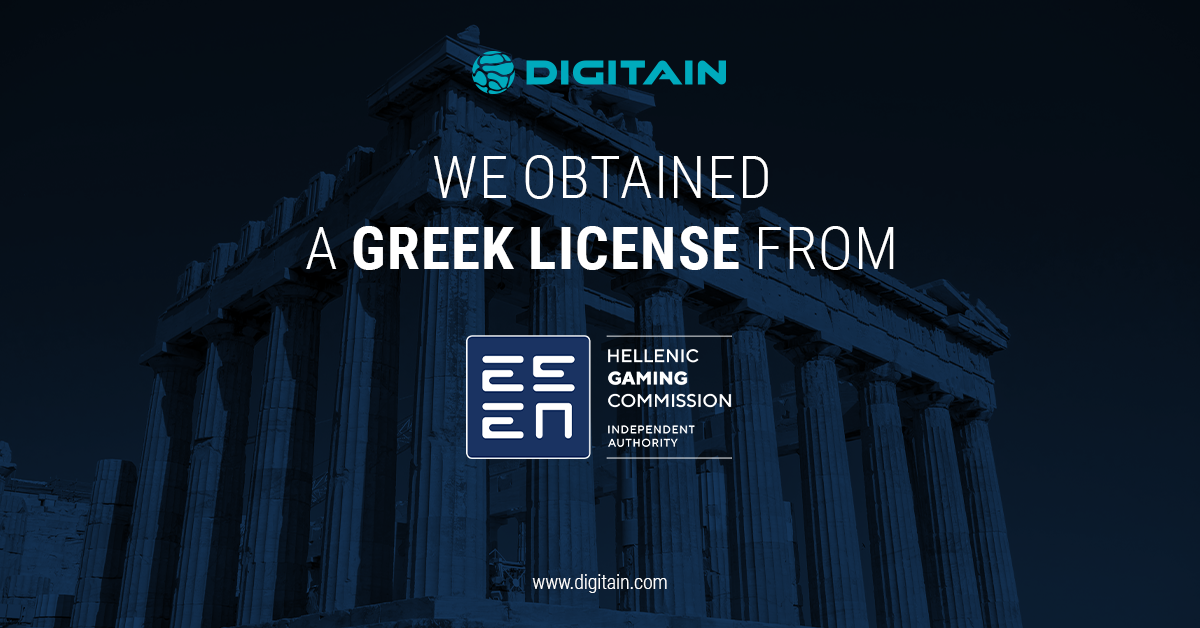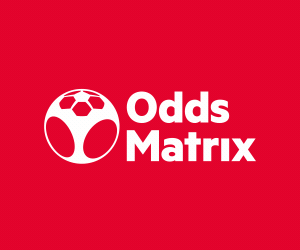Compliance Updates
A New Analysis by EGBA Reveals Notable Shift Towards Multi-licensing for Online Gambling Across Europe

A new analysis by EGBA concludes that 27 out of 31 European countries employ some form of multi-licensing for online gambling, with an overwhelming majority implementing a full multi-licensing approach.
In recent years, Europe has experienced a remarkable transformation in online gambling regulation. Just fifteen years ago, the landscape was vastly different. Most European countries lacked dedicated regulations for online gambling or operated under exclusive rights models where only state-owned entities had a monopoly to offer online gambling services.
But fast forward to today and the situation has evolved significantly. A new analysis by the European Gaming and Betting Association (EGBA) concludes that the multi-licensing model has become the predominant regulatory approach in Europe. Under this model, multiple companies are permitted to offer online gambling services within a country, provided they comply with strict regulatory obligations.
Key findings of the analysis:
- 27 out of 31 European countries have adopted some form of multi-licensing, indicating a robust trend towards open, competitive markets.
- Four countries currently do not have any form of multi-licensing: Finland, Iceland, and Norway maintain exclusive rights models, granting state-owned entities a monopoly over all online gambling services, while Luxembourg lacks dedicated regulations for online gambling.
- Of the 27 countries with multi-licensing, 23 countries have a full multi-licensing model for all regulated online gambling products in those countries.
- Four countries have a mixed model with partial multi-licensing: Slovenia and Switzerland each have a monopoly for online sports betting, while Austria and Poland each have a monopoly for online casino gaming and poker, with multi-licensing for all other online gambling products.
- Cyprus (casino gaming and poker) and France (casino gaming) each impose product-specific prohibitions but both have multi-licensing for all other regulated online gambling products.
- Finland is currently undergoing legislative reforms, and is expected to establish a multi-licensing framework for online gambling in 2026.
Maarten Haijer, Secretary General of EGBA, said: “The momentum towards full multi-licensing for online gambling in Europe is undeniable. While a few exceptions still exist, governments are concluding that public policy objectives, particularly related to consumer protection and tax generation, are more effectively met through well-regulated online competition. Finland’s current transition towards multi-licensing signals the impending end of the last online gambling monopoly in the EU, marking a significant regulatory milestone.
“Similar deliberations regarding the future of the online monopoly are inevitable in Norway and Iceland. Furthermore, the handful of countries with either partial monopolies or product prohibitions should strive for greater consistency and effectiveness in their policies by phasing these out. With over 15 years of regulatory experience in Europe, it’s clear that full multi-licensing offers the best pathway to enhance consumer protection, increase tax revenues, and ensure stronger regulatory control. The time has come for the last remaining European countries to embrace this optimal form of online regulation.”
Compliance Updates
Acquiring a Curacao Online Gaming License in 2024: Comprehensive Analysis of Financial & Procedural Aspects with Costs & Timelines Detailed

The “Acquiring a Curacao Online Gaming License, 2024: Comprehensive Analysis of Financial & Procedural Aspects with Costs & Timelines Detailed” report has been added to ResearchAndMarkets.com’s offering.
This report includes valuable insights into the financial and procedural aspects, including detailed information on costs and timelines associated with acquiring a Curacao license.
In 2023, Curacao introduced the “Landsverordening op de kansspelen” (Ordinance on Games of Chance) to modernize and regulate gambling legislation. Since March 2020, the Gambling Control Board (GCB) has been authorized to regulate offshore gambling games and oversee the issuance of Curacao licenses. As of 2023, there are 16 companies providing legal services for registration and licensing in the territory of Curacao. The license fee, as per GCB regulations, is 36,000 ANG or 19,800 USD, payable upon license issuance.
Research Timeline and Data Relevance
The research was conducted in two stages. The first stage, studying the regulator and Open Data Search, took place in December 2023. The second stage, writing the report and partially updating the data from the first stage, took place from the end of April to the end of May 2024.
Goals and Objectives
- Describe the information about the Curacao license and the issuing regulator.
- Describe the requirements and conditions for obtaining a Curacao license.
- Describe the costs and timelines for obtaining a Curacao license.
- Briefly study the market, find and suggest the following lists:
- Legal companies offering services for company registration and obtaining a Curacao license;
- Communication agents and integrators working with the Curacao license;
- Suppliers and vendors working with the Curacao license;
- Payment systems working with the Curacao license.
Key Topics Covered:
1. Goals and Objectives
2. Research Timeline and Data Relevance
- Document Markup
- Raw and Combined Data
- Terms & Glossary
3. General Information
- The Regulator
- Registration of Operators With Sublicense
- Application for an Online Gaming License
4. Requirements and Conditions for Obtaining a License
License Conditions
- General Prohibitions
- Safe and Secure Environment
- Equipment and Application Software
- Player Registration
- Payment Transactions
- Games
- Terms of Use
- Resolution of Complaints
- Administrative Responsibilities
- Publicly Available Information
- Reports
- Policies and Procedures
- Suspension and Revocation of License
- Additional Conditions
- Supervision
Recommendations or Minimum Requirements for the Business Plan
5. The Cost of the License
6. Decision Term and the Validity of the License
7. Application Method and Forms
8. Contact Information
9. Companies for Registration and Licensing
10. Integration Companies
11. Suppliers and Vendors
12. Payment Systems
13. META
14. Appendix: Terms & Glossary
For more information about this report visit researchandmarkets.com/r/izeo6g
Compliance Updates
Digitain Obtained Greek License

Digitain obtained the A1 Manufacturer’s License from the Hellenic Gaming Commission.
Digitain, a global leader in Sportsbook and iGaming solutions, has expanded its presence in European regulated market by obtaining a B2B license from the Hellenic Gaming Commission.
Iain Hutchison, Chief Revenue Officer of Digitain, said: “We are delighted that we have attained our B2B license from the Hellenic Gaming Commission. Digitain continues to expand across multiple regulated jurisdictions, and the Greek license is a further example of our vision and that of our teams’ commitment to regulatory compliance and the exemplary standards of our platform technology and focus as a company. We look forward to having our award-winning sportsbook and Centrivo platform and much more available within the Greek market as one of continental Europe’s largest and growing regulated markets.”
Compliance Updates
Hard Rock Casino NL turns to BetComply for Netherlands launch

BetComply, iGaming’s most trusted technical and regulatory compliance firm, has partnered with iCasino, securing a Dutch licence for their recently-launched Hard Rock Casino brand.
HardRockCasino.nl operated by iCasino b.v. under a brand licence agreement announced its Netherlands launch at the start of July, having worked closely with BetComply to secure a licence from the Dutch regulator de Kansspelautoriteit (KSA) in May.
The brand will continue to work with BetComply to ensure on-going compliance within the Netherlands framework.
iCasino CEO Paul Strikers said: “It’s hugely exciting to bring such a globally renowned brand to the Dutch market for the first time. We understood early on in the process that operator compliance needed to be one of our highest priorities, and that’s why we enlisted the help of BetComply and its unparalleled expertise in the Netherlands. We thank Mike and the team for their tireless and rigorous support on our successful licence application, and look forward to building upon this partnership in the future; the first step being the application for a sports betting licence.”
BetComply Chief Compliance Officer Mike de Graaff added: “The Netherlands market has attracted some huge international brands over recent months, underlining the opportunities on offer for those who build a deep understanding of their regulatory obligations. We’ve already helped more than a third of all licence holders in the country, and with the KSA taking a proactive approach across all elements of regulation, we’ll continue to support our partners, including iCasino, as market conditions evolve.”
With recent high-profile reports of serious misconduct within the iGaming compliance space, it has never been more important to pick a trusted and reliable partner, both in the Netherlands and elsewhere.
-

 Eastern Europe5 days ago
Eastern Europe5 days ago7777 gaming is now available on WINBET Romania
-

 Gambling in the USA5 days ago
Gambling in the USA5 days agoGaming Americas Weekly Roundup – July 15-21
-

 Gaming5 days ago
Gaming5 days agoMainStreaming Announces Appointment of Nicola Micali as Chief Customer Officer
-

 Industry News5 days ago
Industry News5 days agoSafer Gambling Tools Use Hits Record High in 2023 – New Report from EGBA
-

 Australia5 days ago
Australia5 days agoAustralian eSports Star Joins Team Liquid
-

 eSports5 days ago
eSports5 days agoINSPIRED LAUNCHES RE-PLAY ESPORTS™ FEATURING CS:GO IN PARTNERSHIP WITH KAIZEN GAMING
-

 eSports5 days ago
eSports5 days agoNODWIN(R) Gaming ropes in Android as title partner for BGMS Season 3; to be powered by Garnier Men
-

 Latest News5 days ago
Latest News5 days agoSpinomenal shines again with Super Wild Fruits release



















































